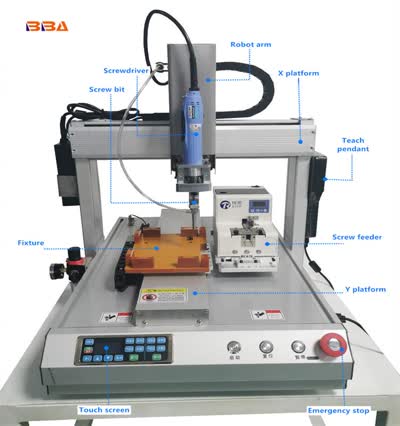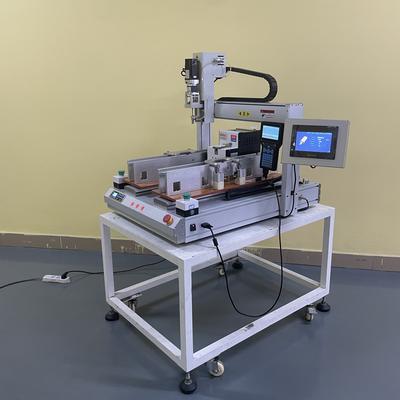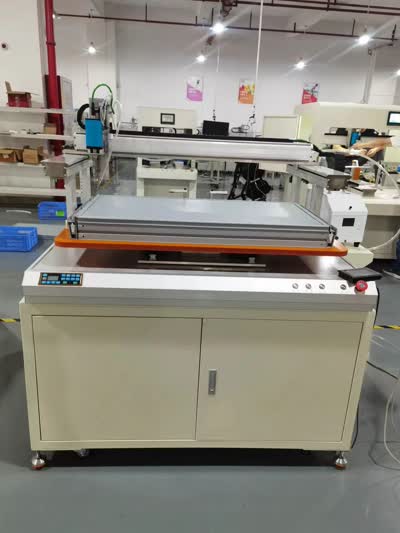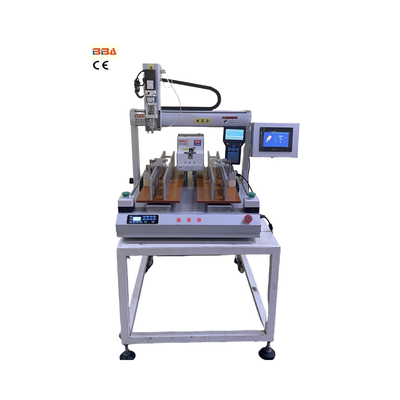Robotic Screw Driving in Industry 4.0 | Precision Automation for Manufacturing
The Fourth Industrial Revolution, or Industry 4.0, is transforming manufacturing through automation, data exchange, and smart technologies. Among the key innovations driving this change is robotic screw driving—an advanced solution that enhances precision, efficiency, and scalability in production lines. Here’s how robotic screw driving plays a pivotal role in shaping the future of manufacturing.
Precision and Consistency in Assembly
Robotic screw drivers deliver unmatched precision, ensuring every screw is fastened with the exact required torque and angle. Unlike manual assembly, robots eliminate human errors such as cross-threading, under-tightening, or over-tightening. This level of consistency is critical in industries like automotive, electronics, and aerospace, where even minor deviations can lead to product failures.
Enhanced Productivity and Reduced Downtime
Automated screw driving systems operate continuously without fatigue, significantly increasing production throughput. They can handle high-speed assembly tasks with minimal downtime, as robots can be programmed for quick tool changes and adaptive workflows. Furthermore, integrated sensors detect jams or misalignments in real time, preventing costly delays and maintaining seamless operations.
Seamless Integration with Smart Factories
Robotic screw driving systems are designed to integrate effortlessly with Industry 4.0 ecosystems. Equipped with IoT connectivity, these robots transmit real-time performance data to centralized control systems. Manufacturers gain actionable insights into equipment health, production trends, and maintenance needs, enabling predictive analytics and optimized resource allocation.
Flexibility for Diverse Applications
Modern robotic screw drivers are highly adaptable, capable of handling various screw types, sizes, and materials. With programmable settings and quick-change end-effectors, they accommodate rapid product transitions—ideal for small-batch or customized manufacturing. This flexibility supports agile production models, a cornerstone of Industry 4.0.
Improved Worker Safety and Ergonomics
Repetitive screw driving tasks can cause strain injuries in workers over time. Robotic automation reduces physical labor, allowing human employees to focus on higher-value tasks. Collaborative robots (cobots) further enhance safety by working alongside operators without the need for protective barriers, fostering a more efficient human-robot partnership.
Conclusion
Robotic screw driving is a cornerstone of Industry 4.0, offering precision, productivity, and connectivity tailored to modern manufacturing demands. By adopting this technology, companies can achieve higher quality standards, operational efficiency, and future-ready production capabilities. As automation continues to evolve, robotic screw driving will remain a vital enabler of smart, scalable, and sustainable manufacturing.
| Product Name | Applicable industries |
| CNC Screw Fastener | Security Equipment Manufacturing |



